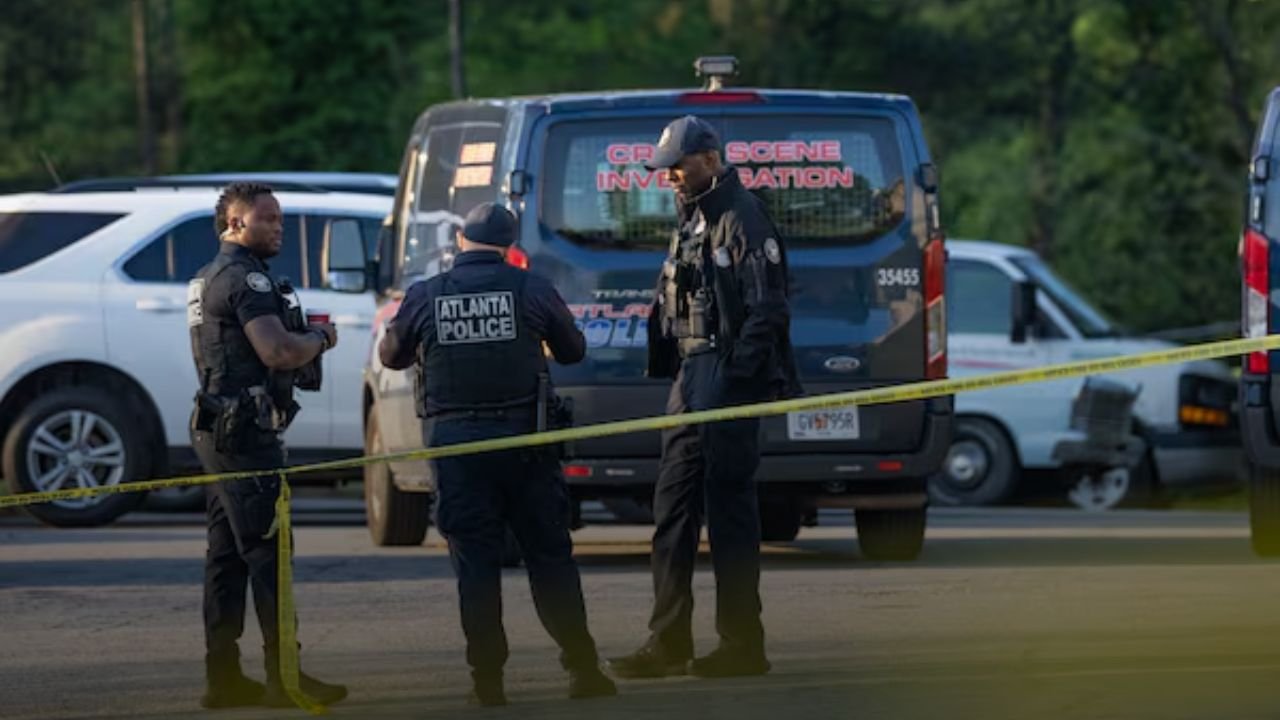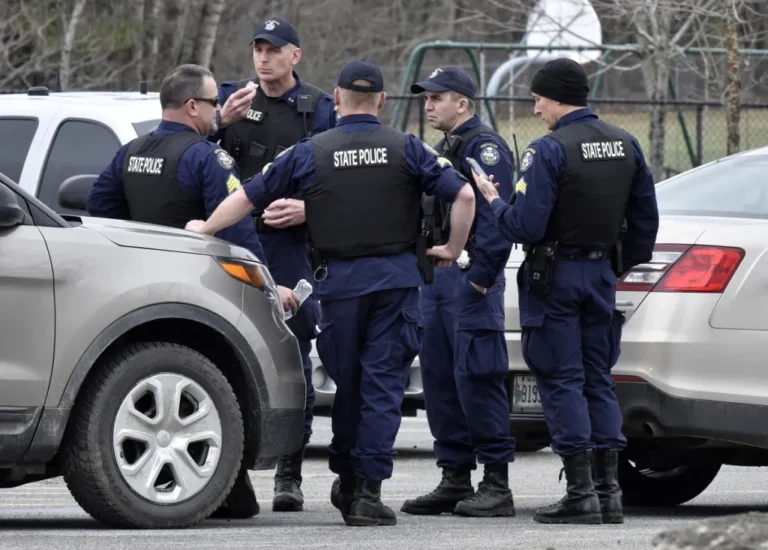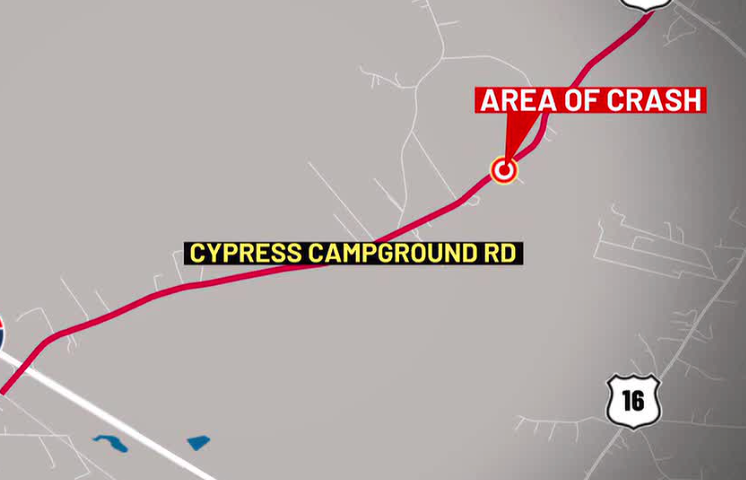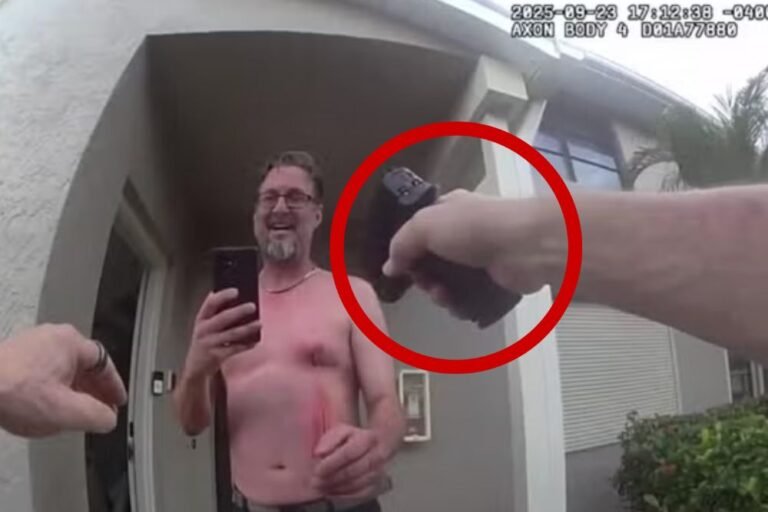Atlanta’s Crime Drop Overshadowed by Summer Surge in Shootings and Youth Violence
ATLANTA — Despite a steep drop in homicides so far this year, a recent wave of violence in Atlanta is rattling communities and challenging the city’s public safety narrative.
Mayor Andre Dickens and Atlanta Police Chief Darin Schierbaum recently touted a 32% decline in homicides, with the number falling to 49 from 72 over the same period last year — nearly double the national decline of 17%. Yet, a string of high-profile shootings, including a deadly incident on Edgewood Avenue that left one dead and ten injured, has reignited public concerns about safety.
Summer shootings disrupt celebration over homicide drop
City officials had been eager to promote the positive homicide trend as a sign their crime-fighting efforts were working. But within days of their public remarks, multiple shootings rocked the city, including:
- A 1:30 a.m. shootout on Edgewood Avenue that left one person dead and several others wounded
- At least 36 people shot in a five-day period, four of them fatally
- Tensions in popular nightlife districts that escalated into gun violence
Chief Schierbaum, speaking after one of the violent weekends, acknowledged that while progress had been made in reducing deadly crime, “we’re not there yet.”
Experts say aggravated assaults and youth violence still on the rise
While homicides are down, other violent crimes are rising. Aggravated assaults are up 16%, according to reports cited by the mayor. Analysts point to post-pandemic behavior shifts, youth conflicts, and the accessibility of firearms as contributing factors.
Georgia State University criminologist Dr. Volkan Topalli told the Atlanta Journal-Constitution that many violent incidents involve “kids who are armed, angry, and impulsive,” often resolving disputes with bullets rather than words.
“The COVID years fundamentally changed how certain groups interact,” Topalli explained, noting a drop in burglaries but a continued rise in vehicle thefts, assaults, and shootings in public places like parking lots and malls.
Mayor’s initiatives face test as new incidents pile up
Mayor Dickens’ administration launched a number of youth-focused programs, including jobs initiatives, summer camps, and recreation access. These efforts were credited in part for the homicide drop.
However, the recent burst of summer violence has some residents questioning whether deeper interventions are needed — especially with teens and young adults being both victims and suspects in many of the incidents.
“We still have to figure out why people are pulling the trigger in the first place,” Schierbaum said during a press conference following the Edgewood Avenue shooting.
Crime statistics vs. lived reality
Although overall crime in Atlanta may be decreasing on paper, the lived experience of city residents tells a more complicated story. Gun violence, especially spontaneous altercations turning deadly, continues to undermine public confidence in the city’s safety.
Topalli added that the availability of illegal guns, shifting economic pressures, and a post-COVID criminal landscape are reshaping urban crime patterns across the country — and Atlanta is no exception.
What’s next for Atlanta’s crime strategy?
Officials say they remain committed to long-term solutions, but acknowledge the limitations of their current programs. Mayor Dickens reiterated that a full reversal of violent trends “can’t happen overnight” — even as campaign season looms.
Still, with intense media coverage, visible police response, and community tension high, city leaders will likely face continued scrutiny on how they address the broader roots of Atlanta’s crime concerns.
What do you think Atlanta’s next step should be in curbing summer violence? Share your thoughts in the comments at SaludaStandard-Sentinel.com.







